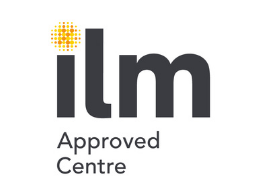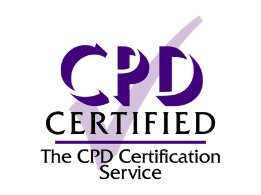Is your team accountable? A lack of accountability is a dangerous situation for any business.
It can lead to resentment between employees.
It fosters mediocrity, while deadlines will soon end up being missed. Plus, for the team leader, it places an unnecessary burden on them to become the sole disciplinarian – something which is liable to strain relationships between them and other team members.
However, numerous advantages are gained when accountability is present throughout the entire team. Potential problems are quickly identified as there is no hesitation in questioning one another’s approaches.
There’s no room for poor performers.
Respect is established among team members, which helps limit excessive bureaucracy for corrective action and performance management.
Going back to the big question of this article, is your team accountable? If you’re unsure, here are the key points to consider to ensure a strong emphasis on accountability.
It’s a team effort
Accountability cannot rest on the shoulders of one person. It’s a team effort, and everyone needs to pull their weight. If someone’s actions or behaviours fail to support team goals, it’s up to your team members to hold the guilty party accountable.
While it is a team effort, it’s your job, as a leader, to set out the action plan to ingrain accountability into your company ethos. There should be clear standards, alongside defined indicators, that highlight the role each team member plays – and so they know they’re doing their part.
Alongside an action plan, performance metrics are also important.
This helps identifies any team members drifting off course whilst allowing you to correct their positioning before it affects your entire team.
Staying above the line
There’s one reason why accountability is avoided: it is the easier route to take. Coming up with excuses or shifting the blame to someone else effectively gives employees a quick fix. Yet, playing the victim, avoiding responsibility, and falling below the line will lead to long-term issues. It can dissolve trust, morale, productivity, and competitiveness.
The result: your organisation’s success levels will continue to drop over time.
A successful company accepts accountability.
They see bad news, address it, figure out how to steer the ship back on course, and then take action. This might mean they have to make difficult decisions, but they know this is necessary to ensure their long-term success.
To avoid victim mentality, you and your team members need to stay above the line. As part of your employees’ personal development, it’s essential they know to take responsibility and ownership of their decisions – whether they’re right or wrong.
Signs your team is accountable
To identify your team members are accountable, they should display the following traits:
- They welcome candid feedback
- They acknowledge the reality of the situation
- They recognise when they’re dropping below the line and quickly make changes
- They commit 100% to their tasks
- They own their results and circumstances
Alongside these individual indicators, accountability works best when your team is willing to share ownership of all tasks and responsibilities.
This means when issues do crop up, your team – and not just individuals – are willing to step up and be accountable.








